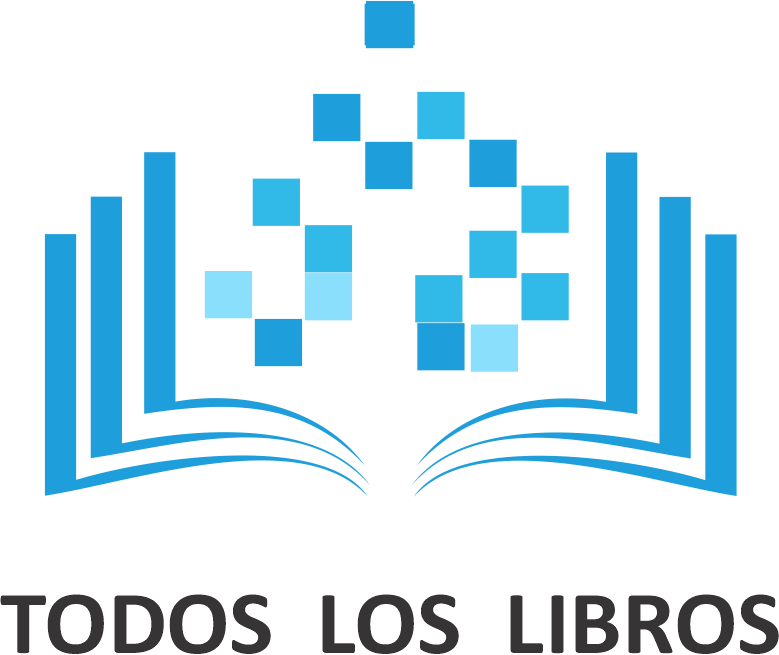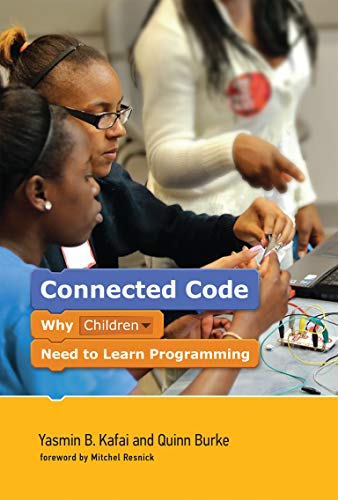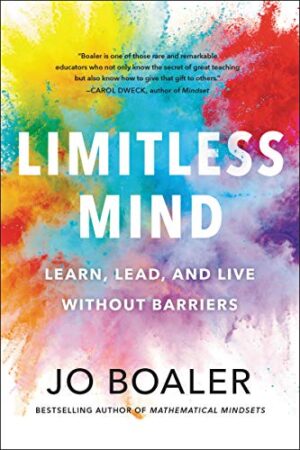Connected Code: Why Children Need to Learn Programming (The John D. and Catherine T. MacArthur Foundation Series on Digital Media and Learning)
$420.00
Why every child needs to learn to code: the shift from “computational thinking” to computational participation.Coding, once considered an arcane craft practiced by solitary techies, is now recognized by educators and theorists as a crucial skill, even a new literacy, for all children. Programming is often promoted in K-12 schools as a way to encourage “computational thinking”—which has now become the umbrella term for understanding what computer science has to contribute to reasoning and communicating in an ever-increasingly digital world.In Connected Code, Yasmin Kafai and Quinn Burke argue that although computational thinking represents an excellent starting point, the broader conception of “computational participation” better captures the twenty-first-century reality. Computational participation moves beyond the individual to focus on wider social networks and a DIY culture of digital “making.”Kafai and Burke describe contemporary examples of computational participation: students who code not for the sake of coding but to create games, stories, and animations to share; the emergence of youth programming communities; the practices and ethical challenges of remixing (rather than starting from scratch); and the move beyond stationary screens to programmable toys, tools, and textiles.
| Peso | 8.79 kg |
|---|---|
| ISBN13 | |
| Author | |
| Publisher | |
| Binding | |
| Lenguage | |
| Publish Year | |
| Edition | |
| Pages |
Productos relacionados
-
Wandering in Strange Lands: A Daughter of the Great Migration Reclaims Her Roots
$587.79 Añadir al carritoValorado con 0 de 5 -
Common Core Achieve, Social Studies Subject Module (BASICS & ACHIEVE)
$445.83 Añadir al carritoValorado con 0 de 5 -
Stoned: Jewelry, Obsession, and How Desire Shapes the World
$356.79 Añadir al carritoValorado con 0 de 5







